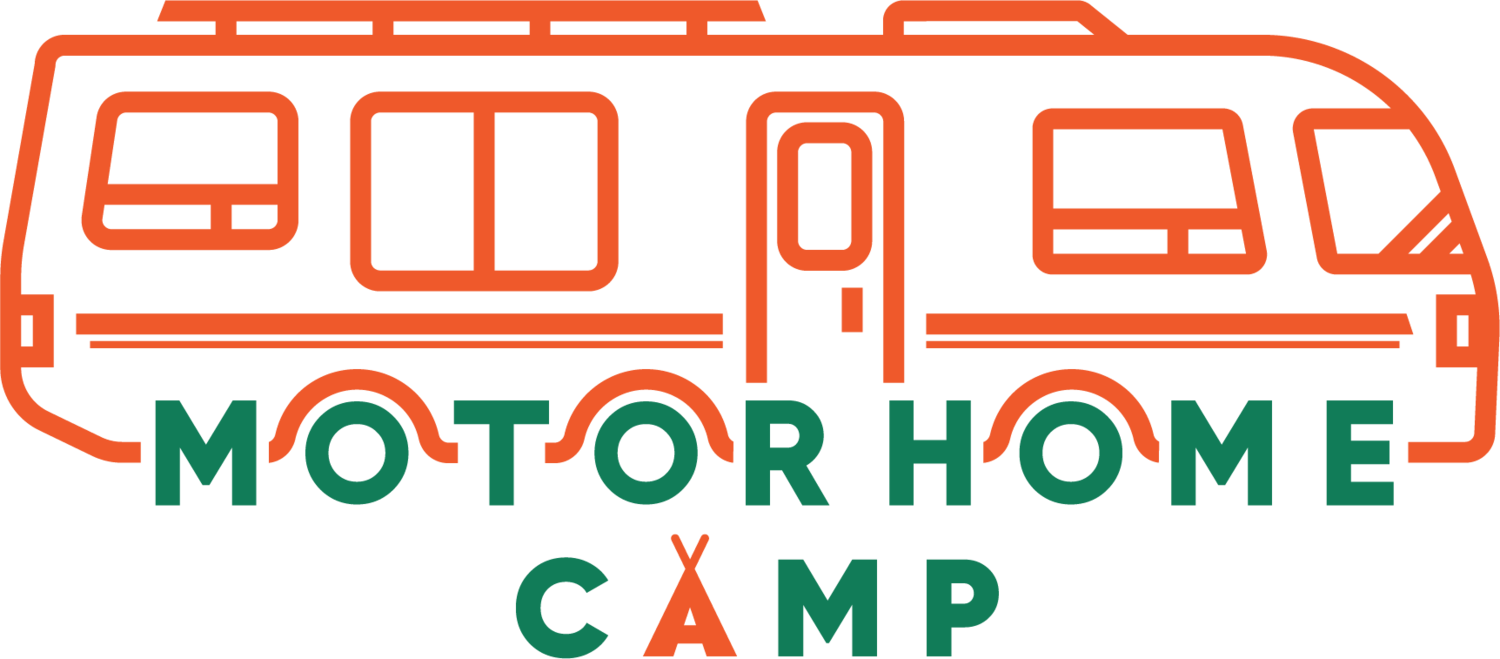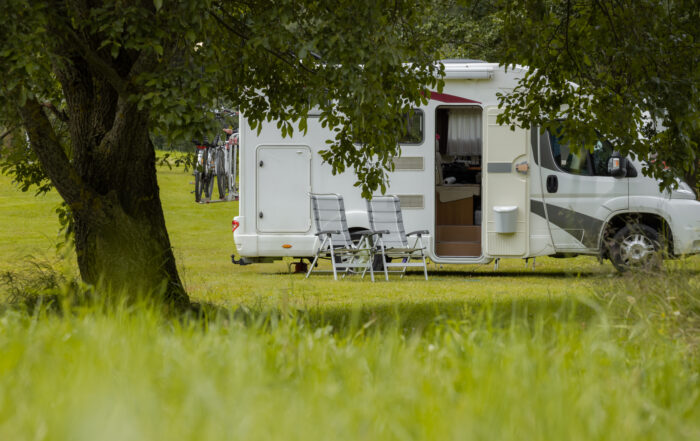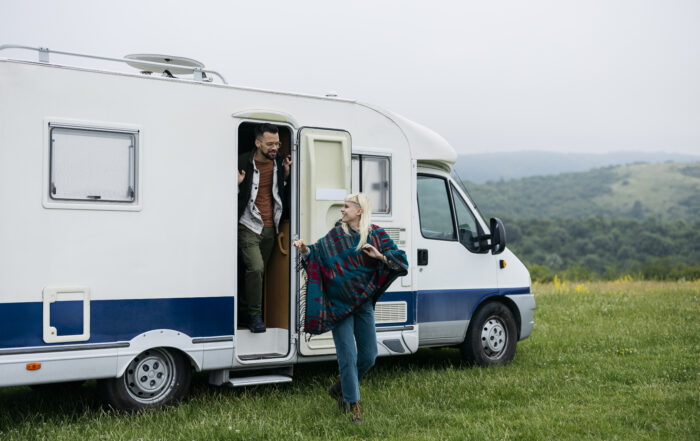Choosing between a campervan and a motorhome comes down to how you like to travel, how much space you need, and what kind of roads you plan to take. Each option has clear pros and cons, from parking ease to storage capacity. This campervan vs motorhome comparison breaks down the key differences so you can match the right vehicle to your trip style. Whether you’re planning weekend getaways or long-term road trips, knowing what each type offers helps you avoid costly mistakes and wasted time. Use this guide to make a choice that fits your budget, comfort needs, and travel plans.
Size and Maneuverability
Size plays a major role when choosing between a campervan and a motorhome. Campervans tend to be smaller in length, height, and width. This makes them easier to handle on tight streets or narrow country roads. Their compact build helps when parking in small spaces or navigating through busy areas.
Motorhomes often come with more room inside. Some include separate sleeping zones, kitchen setups, and washrooms. However, this extra space means they take up more road area and need larger spots for parking. Driving one through cities or crowded places can become difficult due to their wider turning radius and added weight.
When it comes to driving ease, campervans behave more like standard vans or large cars. Many people switch from daily vehicles to campervans without needing extra training or special licenses in most regions. They also use less fuel compared to larger models due to their lighter frame.
Motorhomes can feel harder to control at first because of their size and design. Wind resistance affects them more on highways, especially during lane changes or passing trucks. Reversing into campsites may require more time if the driver lacks experience with long vehicles.
In terms of storage options while parked at home, campervans fit better in driveways or garages built for regular-sized cars. Motorhomes might need off-site storage facilities due to their height or length restrictions in residential areas.
A campervan vs motorhome comparison helps highlight these practical differences clearly: While one offers mobility benefits for short trips and urban visits, the other provides living comfort but requires more planning on the road. Choosing between them depends on your travel routes, parking access, and how much space you plan to use during your stay away from home.
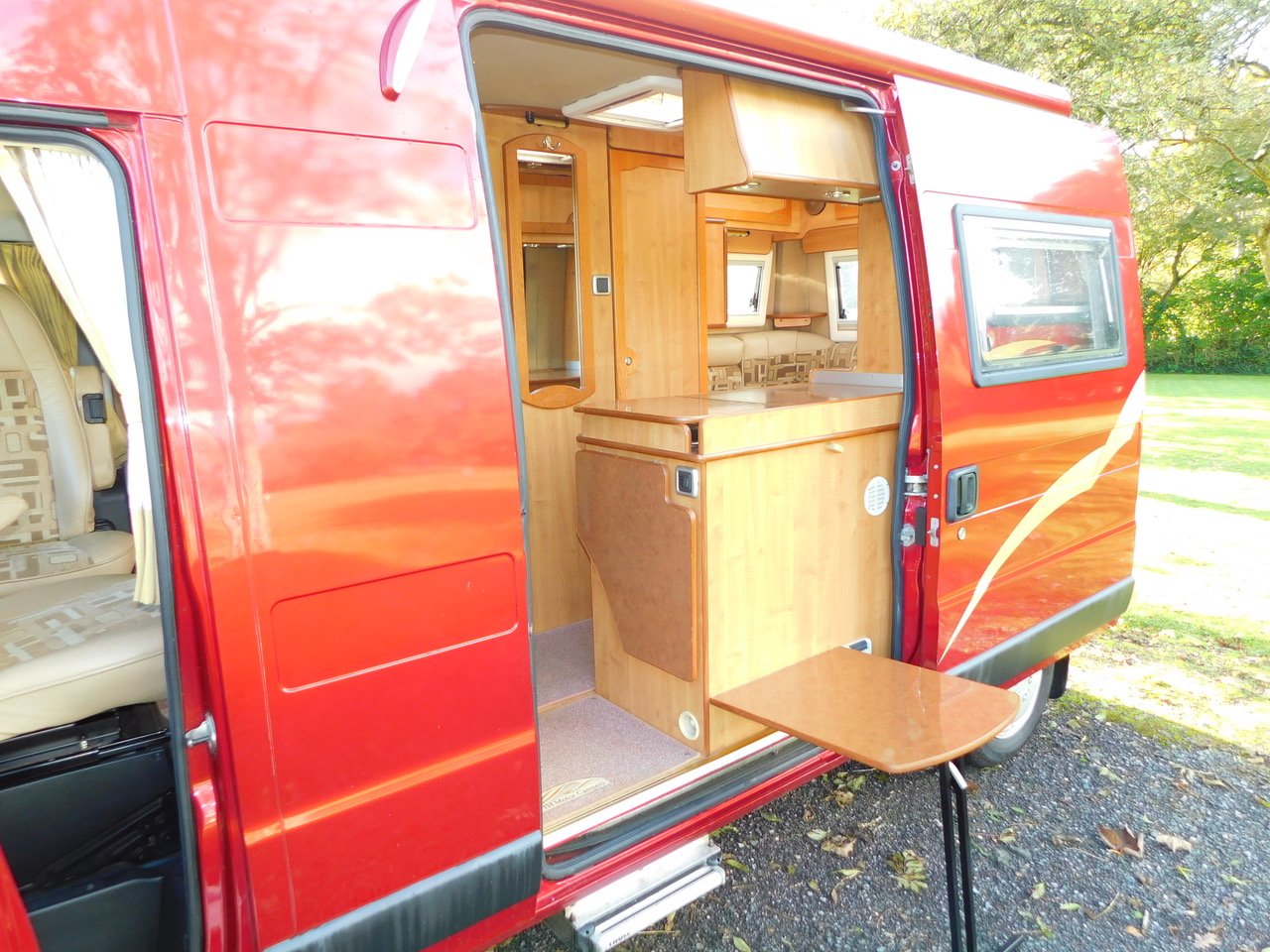
Amenities and Comfort
Motorhomes often include several built-in features that support long stays. Many contain full kitchens with stovetops, ovens, sinks, and large refrigerators. Some have microwaves and extra storage for food and utensils. Bathrooms inside motorhomes usually come with a toilet, shower, and sink. These features allow users to cook meals, wash up, and relax without leaving the vehicle.
Sleeping space in a motorhome is also more flexible. Most models can sleep four or more people using beds that fold out or drop down from walls or ceilings. Larger units may even have separate bedrooms with doors for privacy. Seating areas often convert into beds too.
Campervans offer fewer built-in systems but still cover basic needs for short trips or weekend getaways. Most campervans contain a small kitchenette setup—typically a compact stove, mini fridge, and limited counter space. Bathrooms in campervans are rare; some may include portable toilets or outdoor shower setups instead.
Sleeping arrangements in campervans usually involve one main bed area that converts from the seating space during the day. Storage is limited compared to motorhomes but can be enough for travelers who pack light.
Heating and cooling options also differ between the two types of vehicles. Motorhomes tend to include stronger heating systems and rooftop air conditioning units powered by generators or external hookups at campgrounds. Campervans might rely on smaller fans or portable heaters depending on their design.
When doing a campervan vs motorhome comparison, it’s clear each type meets different travel styles. Motorhomes support longer journeys where comfort matters more than size or mobility. Campervans fit users who prefer simplicity over extra equipment.
Each option comes with trade-offs tied to convenience versus flexibility—what works best depends on how much time you plan to stay inside your vehicle versus outside exploring new places.
Cost and Maintenance
Buying a campervan usually requires less money than purchasing a motorhome. The smaller size of campervans means they use fewer materials, which lowers the price. They also tend to be more fuel-efficient due to lighter weight and compact engines. This reduces fuel expenses over time, especially on long trips or regular weekend use.
Maintenance for campervans is often simpler and cheaper. Many models share parts with standard vans, so repairs can be done at general auto shops without special tools or rare components. Insurance costs may also be lower because of their smaller size and lower value.
Motorhomes carry higher upfront costs. Their larger build, extra features, and expanded space increase the purchase price. Fuel efficiency is generally lower than that of campervans since motorhomes weigh more and have bigger engines. This results in higher fuel bills during road travel.
Repair needs for motorhomes can bring added expenses too. Specialised systems like onboard generators, plumbing setups, or slide-outs may require expert service or unique parts not found in regular garages. Insurance premiums can also rise due to the vehicle’s value and replacement cost.
However, frequent travelers might find better long-term returns with a motorhome if it replaces other travel costs like hotels or rental cars. Some people choose motorhomes as full-time living spaces, which shifts the cost from occasional leisure to daily housing.
Looking at the campervan vs motorhome comparison, people should consider how often they plan to travel, how far they go each time, and whether they need extra space during trips. Choosing between these two depends on practical needs rather than just initial pricing alone. Fuel use per mile driven matters just as much as repair frequency over several years of ownership.
Understanding both short-term spending and long-term care helps decide which RV type fits best into personal budgets without surprises later on the road.
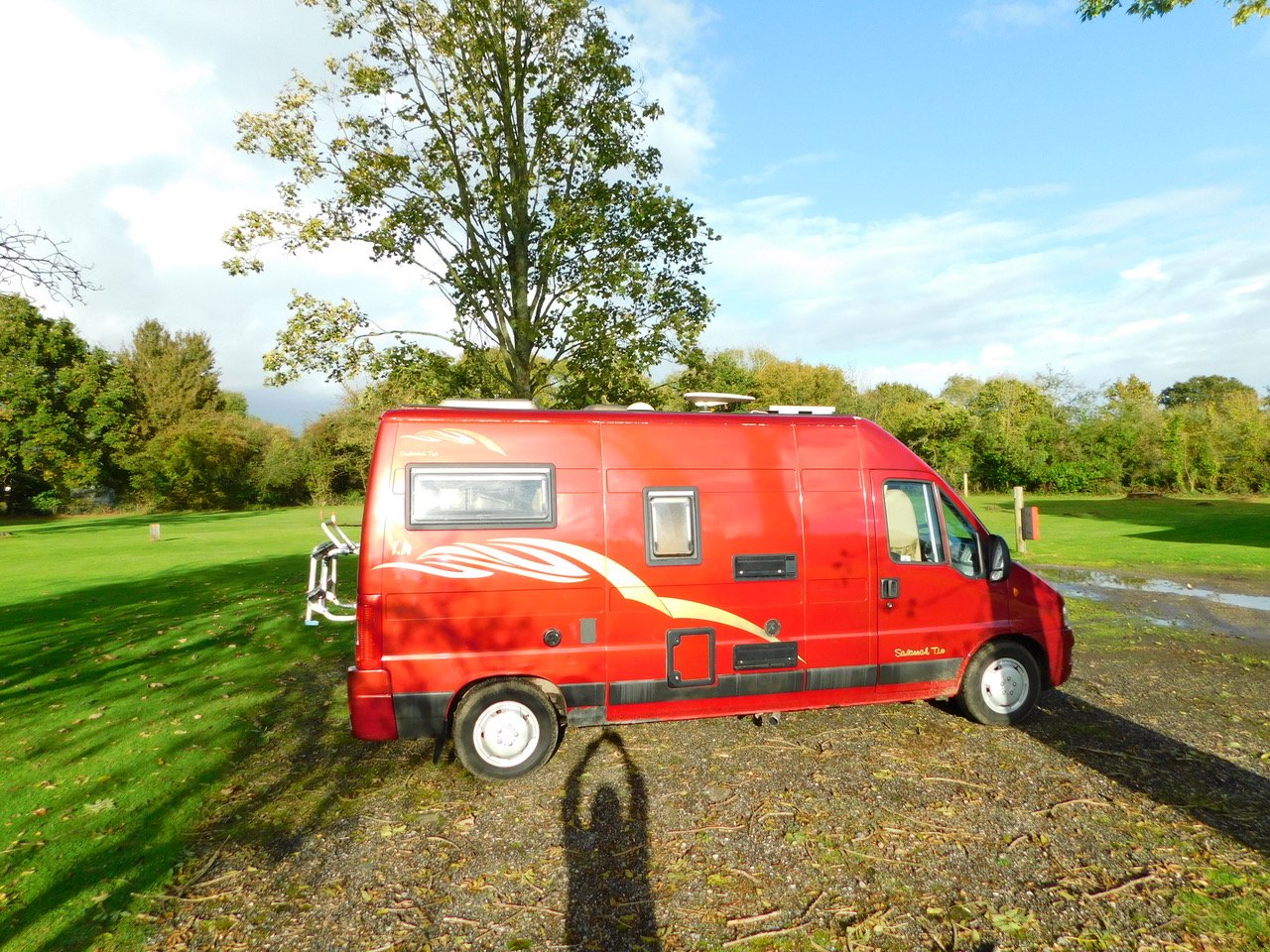
Campervan vs Motorhome Comparison
Choosing between a campervan and a motorhome depends on how you travel, where you go, and how long you stay. A campervan vs motorhome shows big differences in size, use, and cost. Each option serves different needs.
Campervans offer more flexibility on the road. They’re smaller than motorhomes, so they can park in tighter spots. You can drive them through busy streets or narrow roads without much trouble. This makes them useful for shorter trips or city visits. They also use less fuel than larger RVs, which helps lower travel costs over time.
Motorhomes provide more room inside. This space gives you separate areas for sleeping, eating, and storage. If you’re planning longer stays or traveling with more people, this extra space matters. Motorhomes often come with built-in bathrooms and kitchens that don’t need setup every day.
Setup time is another point to think about. Campervans usually require less effort to get ready at campsites since they have fewer systems to manage. On the other hand, motorhomes may take longer because of slide-outs or extra hookups for power and water.
Insurance rates differ too. Campervans often fall into a lower category due to their size and engine type. Maintenance costs also vary—motorhomes may need more upkeep because of their added features.
Think about storage when not using your vehicle as well. Campervans fit in standard driveways or garages in some cases; motorhomes typically need off-site parking.
If you move around often during your trip, a campervan might suit that better due to easier driving and parking options. If comfort during extended stops is key for you, then looking at what a motorhome offers makes sense.
Both types bring benefits depending on your goals—how far you plan to go, how many people join the trip, and what level of convenience matters most day-to-day while traveling.
Choosing the Right RV Comes Down to Lifestyle Priorities
After weighing the pros and cons, your decision between a campervan and a motorhome ultimately depends on how you plan to travel. Campervans offer agility, lower costs, and easier handling—ideal for spontaneous trips and solo or couple travelers. Motorhomes shine in comfort and amenities, making them better suited for families or long-term road adventures. This campervan vs motorhome comparison highlights that there’s no one-size-fits-all answer—just the right fit for your travel style and budget. Consider your priorities carefully to invest in the RV that will best support your journey on the road.
Share This Story, Choose Your Platform!
Recent Posts
Discover Trusted Local Motorhome Sellers UK – Your Guide to Nearby Dealers
Looking for a motorhome but not sure where to start? Whether you're planning weekends away or longer road trips, finding the right dealer nearby can save you time and stress. This guide is here to [...]
Used Motorhome Hidden Costs UK – Key Checks Before You Commit
Buying a second-hand motorhome can feel like a smart move - until unexpected costs start to creep in. From insurance surprises to repairs you didn’t budget for, it’s easy to overlook the extras when you're [...]
